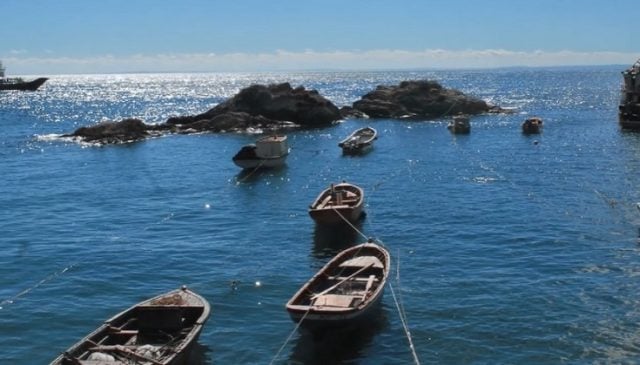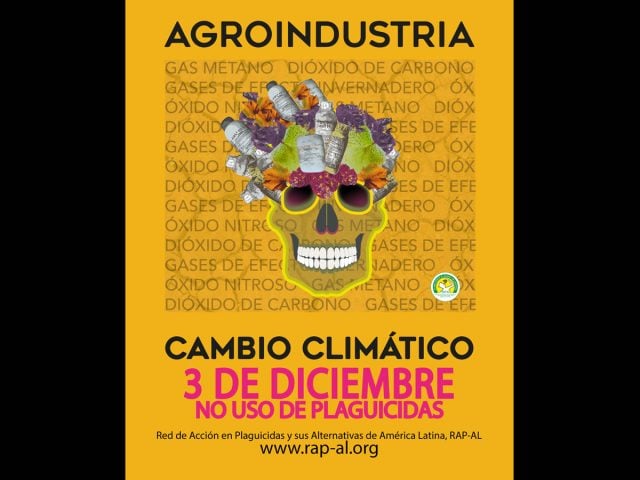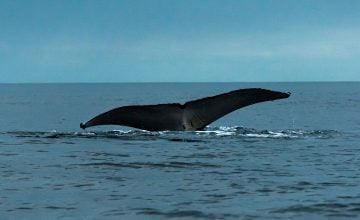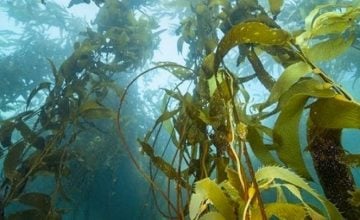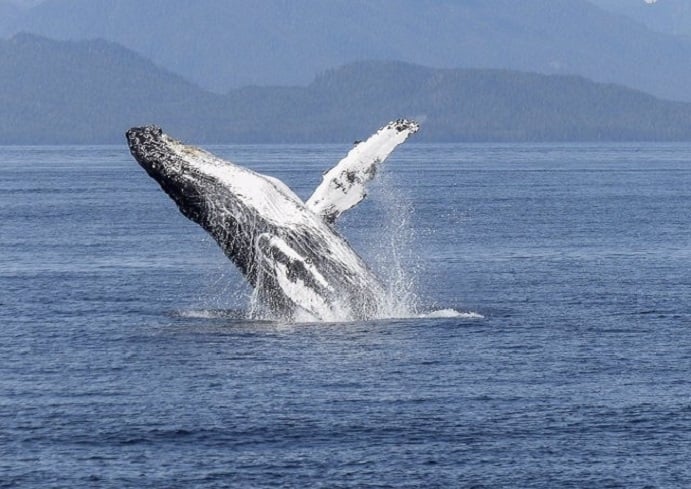Original article: Plan presentado en la COP30 apunta a que océanos podrían ayudar a reducir en 35% las emisiones globales de CO2 hasta 2050
Via Xinhua Agency
Oceans could potentially contribute to a 35 percent reduction in global carbon dioxide emissions by 2050, according to a new roadmap presented by Marinez Scherer, the Special Envoy for Oceans at the COP30 event in Belém, Brazil.
The initiative, developed by non-state actors, Brazilian climate specialists, and the presidency of the 30th Conference of the Parties (COP30) to the United Nations Framework Convention on Climate Change, aims to accelerate ocean-based solutions to combat global warming.
Scherer explained that the «Blue Package» encompasses nearly 70 proposals focusing on offshore renewable energy, decarbonizing shipping, sustainable aquaculture, marine conservation, coastal tourism, and innovative enterprises. These solutions are designed to enhance climate mitigation and adaptation, protect biodiversity, ensure food security, and increase the resilience of coastal areas.
The envoy emphasized that the ocean is the planet’s «primary climate regulator» and that restoring and protecting its ecosystems is essential to achieving the target of limiting global temperature rise to 1.5 degrees Celsius. To support this goal, the Blue Package proposes creating a framework that facilitates access to financing, mobilizes private investments, and structures reliable portfolios to manage ocean risks.
Estimates suggest that between 130 billion and 170 billion dollars are required to implement the proposed actions. According to the organizers, these figures provide a clear guide for finance ministries, development banks, and investors regarding the scale of available opportunities.
Scherer emphasized that unlocking this capital will depend on appropriate regulations, risk reduction instruments, and blended financing mechanisms, along with implementation supported by robust accountability systems.
During the event, the «Ocean Breakthroughs Dashboard» was also introduced, designed to monitor global progress in ocean protection. Its developers described it as «a new social contract for caring for the ocean,» highlighting that it should be a central focus of the climate agenda alongside forests and biodiversity.
So far, 17 countries have committed to including the ocean in their updated climate plans. In addition to Brazil and France, participants include Australia, Fiji, Kenya, Mexico, Palau, Seychelles, Chile, Madagascar, and the United Kingdom. Recently, Belgium, Cambodia, Canada, Indonesia, Portugal, and Singapore have joined the initiative.
El Ciudadano
